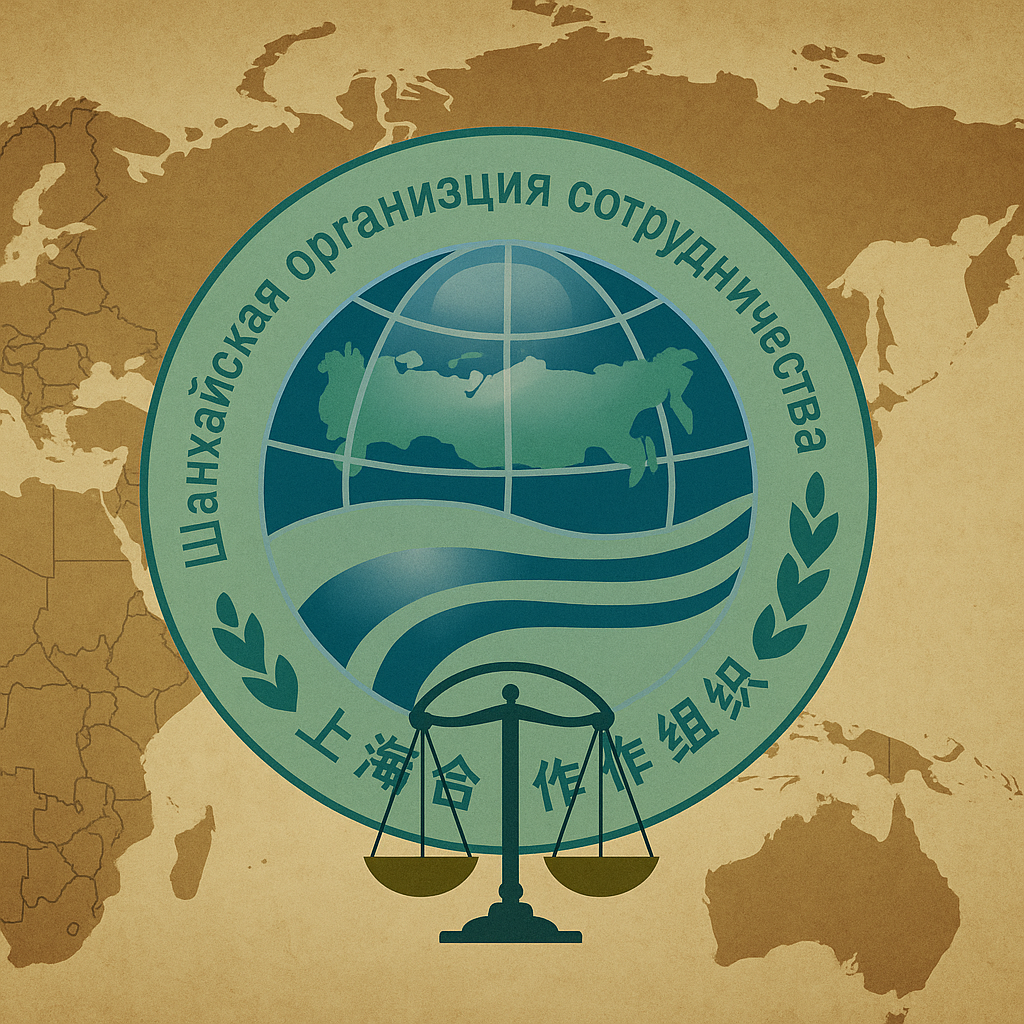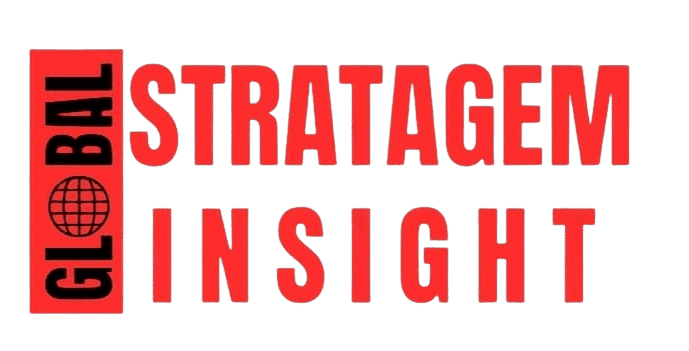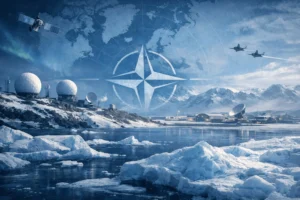SCO and Regional Crisis Management

A symbolic representation of the Shanghai Cooperation Organization’s role in fostering cooperation and crisis management among member states
In 21st century, regionalism has emerged as a defining feature of international politics, with states increasingly cooperating within their geographical regions to address common challenges and promote collective interests. The Shanghai Cooperation Organization stands as a prominent example of regionalism in Eurasia. Initially established in 1996 as “Shanghai Five”—comprising China, Russia, Kazakhstan, Tajikistan, and Kyrgyzstan—the group was later renamed the SCO in 2001 following Uzbekistan’s inclusion. Over time, its scope has expanded further with Pakistan and India joining in 2017 and Iran becoming a full member in 2023. Conceived as a platform for non-Western models of regional cooperation, SCO has played multidimensional role in addressing challenges across Eurasia. This article will explore organization’s role in regional context.
SCO: A Regional Powerhouse
SCO has evolved beyond its initial security focus to address regional challenges. Its agenda now includes many areas which highlight organization’s multidimensional character. The following discussion outlines SCO’s role across these domains.
Powering Growth & Going Digital
Energy have been priority for SCO due to large reserves of oil, natural gas and coal owned by SCO Member states. Projects have been initiated to focus on energy transport corridor building and to facilitate joint exploration of these reserves. SCO is also engaged in prioritizing digital infrastructure by setting regional standards and boosting digital economies which already make up 15% of GDP, with China and Russia investing over $200 billion annually.
United Against Terror & Crime
The Regional Anti Terrorists Structure which was established in 2004 coordinates SCO efforts against terrorism and has organized over 30 joint anti-terrorism drills, dismantling over 500 extremists group. SCO also emphasizes border security and in curtailing transnational crimes mainly drug trafficking. Around 40% of global opiates pass through SCO countries, largely through Afghanistan. Operation like spider involving 2000 officers, seized more than 30 metric tons of narcotics. Intelligence sharing initiatives have contributed to 20% reduction in cross border drug trafficking.
Securing Cyberspace
SCO has worked in prioritizing cyber security to protect infrastructure from attacks. As in 2023, cyber attacks rose by 30%. The members have made over 15 legal frameworks on cybersecurity and conducted largest cyber defense exercise with 1500 cyber professionals and a as result, member states have reported 25% reduction in cyber-attacks.
Bridging Cultures, Building Minds
The SCO representing 44% of world population promotes cultural integration via initiatives like SCO Youth Council which has hosted 300+ exchange events and thousands of youth programs since year 2010. Also, SCO members simplified visa regimes to boost cross border travel by 30%. The SCO university network, connecting over 80 universities has facilitated 5000+ student exchanges.
Greener Futures & Healthier Lives
SCO addresses sustainability by combating desertification, planting 300 million trees and adding 200 GW in renewable energy with aim of reducing emissions to 15% by 2030. During Covid-19, SCO countries distributed 200 million vaccines and launched regional health data platform. By 2025, it aims to enhance health care spending by 20% and expand crisis response centers.
Diplomacy in Action
SCO with 26 members and observes provides platform for dialogues and diplomacy. Due to which SCO facilitated 100+ agreements on security and economic cooperation. In Afghanistan, it has pledged $800 million for reconstruction and trained 1500 officials and it held over 20 dialogues with Afghan leaders.
Roads, Trade & Regional Links
The 2014 Agreement on International Road Transportation among SCO members laid foundation for comprehensive regional transport system ensuring equitable trade flows from Eastern Europe to Russian Far East and China. This agreement underpins development of an integrated regional road transport infrastructure.
Roadblocks
However, SCO faces certain challenges like every international organization grapple with inherent flaws and issues that often hinder its effectiveness and some of key issues are as follows.
Economic Integration Blocked by Power Rivalries
Economic cooperation within SCO has been hindered largely due to differences between its two major powers. Beijing’s proposals for establishment of development fund and free trade zones faced resistance from Moscow, which harbors concerns about potential Chinese financial dominance in region. This has limited scope of economic integration within organization.
Afghanistan: The Unfinished Challenge
Afghanistan instability has posed a major challenge for SCO members, as Afghanistan shares borders with six member states. To address this, SCO established Afghanistan Contact Group in 2005 and Afghanistan was granted observer status in 2012. However, situation deteriorated again following Taliban’s takeover in September 2021, re-emerging as a critical security concern for SCO members.
SCO’s Image Problem: An Authoritarian Club?
SCO has faced criticism for being perceived as a “club of authoritarian governments.” It is often viewed as a platform where Russia and China seek to legitimize their assertive actions—ranging from Russia’s invasion of Ukraine to China’s behavior in South China Sea and towards Taiwan raising questions about organization’s role.
Way Forward
To strengthen SCO, it must adopt practical measures that can enhance its ability to serve as a reliable platform for regional stability and development and few recommendations are as following:
- Create a scaled-down development fund instead of a full-scale bank, with equal input caps from all member states to address Moscow’s concerns about Chinese dominance.
- Form joint working group on Afghanistan under SCO-Afghanistan Contact Group to align positions on humanitarian aid, counterterrorism, and narcotics control. Also avoid political recognition discussions by concentrating on people focused stability measures such as healthcare, food, and education.
- Increase engagement with observer states and dialogue partners to display that SCO is not just a closed authoritarian club and expand initiatives in cultural diplomacy, academic exchanges, and media transparency to highlight its cooperative rather than confrontational role.
SCO stands at a crossroads: having potential to be more than just a forum for dialogue but its impact will depend on how boldly it addresses crises that shape region’s future. By turning words into action and trust into cooperation, SCO can move to decisive force in regional crisis management.



